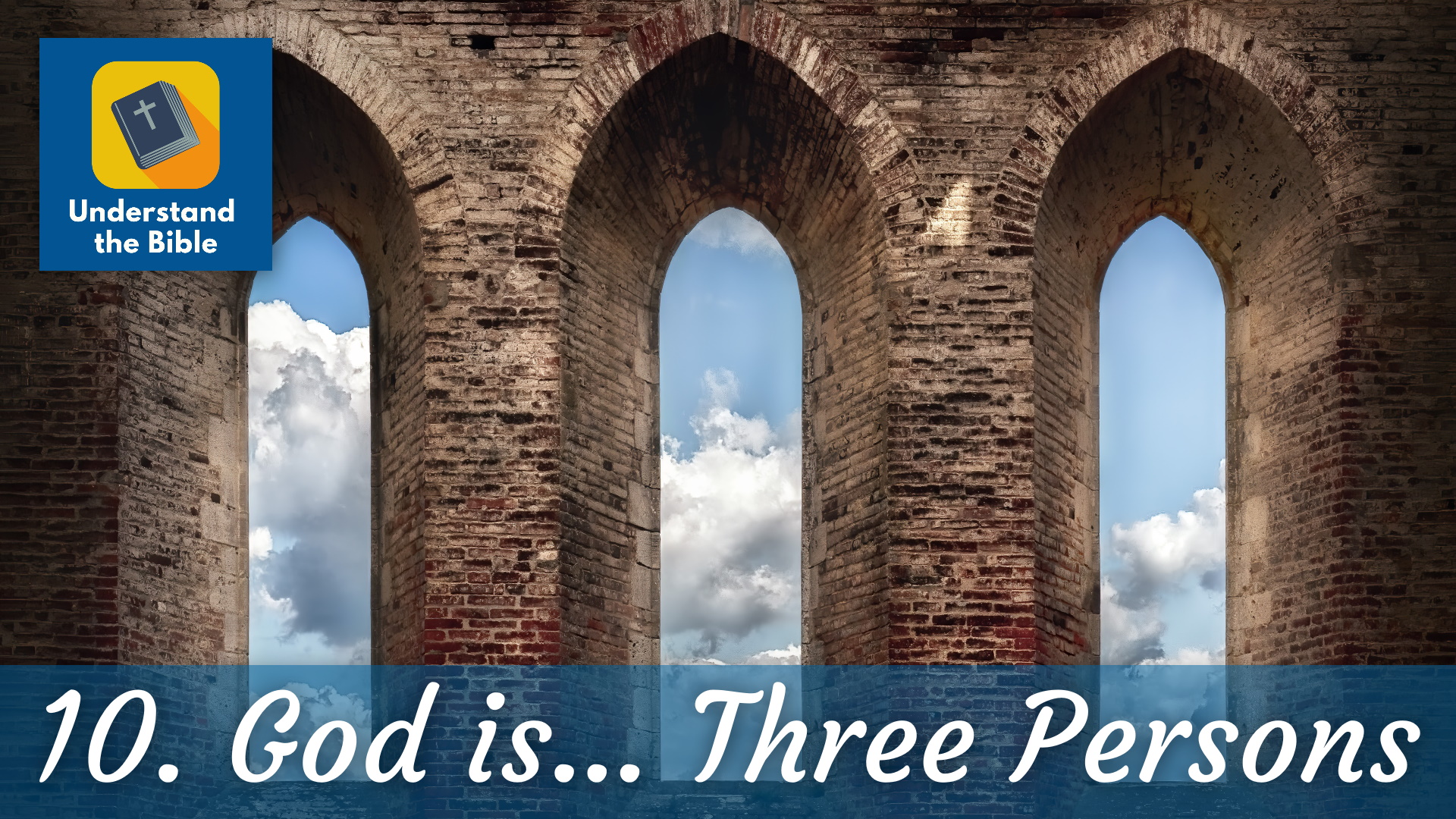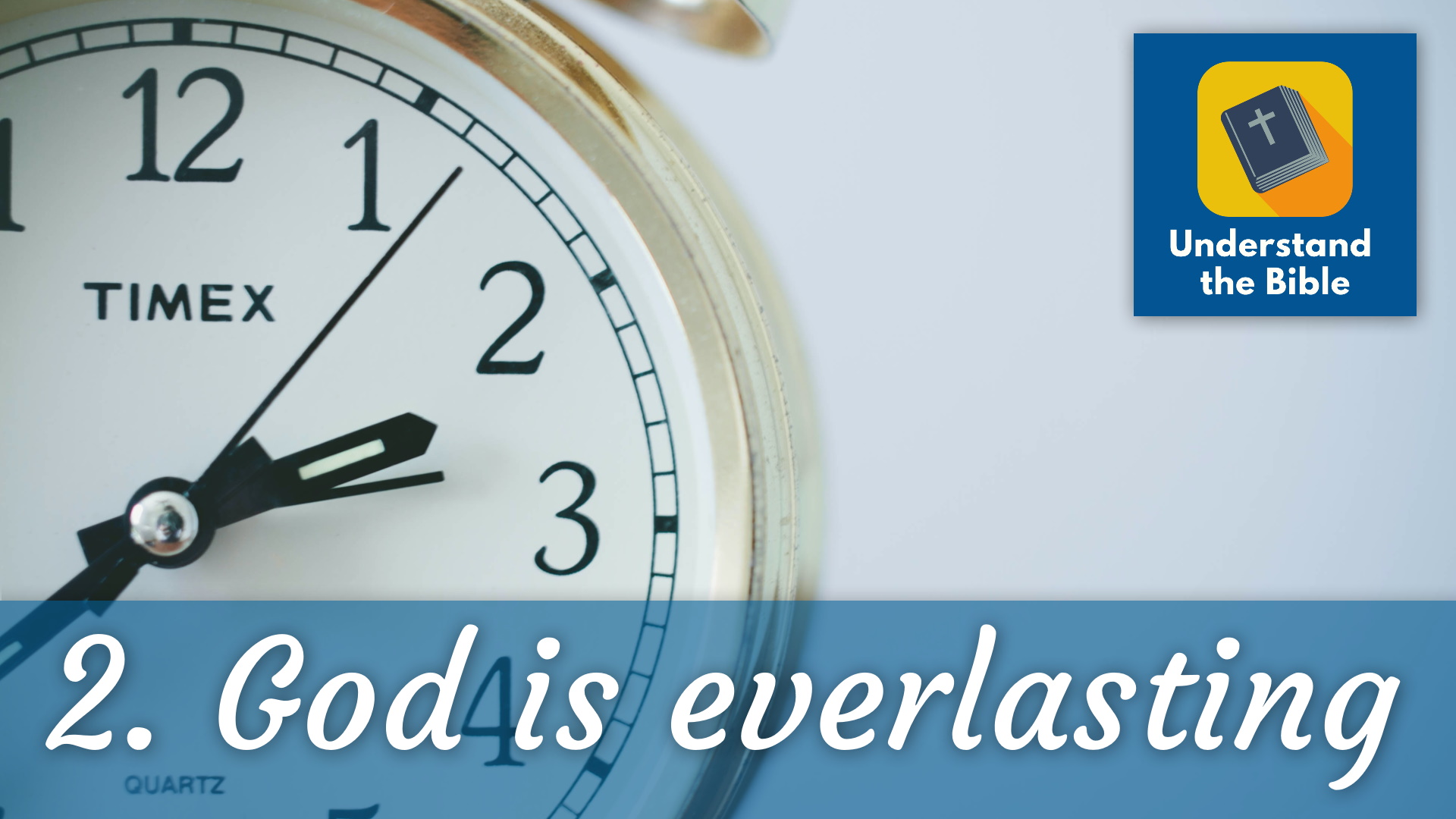In this final part of our Get to know God series, we turn to thinking about how God is three persons – Father, Son and Holy Spirit. This is traditionally known as the doctrine of the Trinity. Sometimes people can have the idea that the Trinity is too difficult to think about, or it doesn’t really make much difference to everyday life. But, as theologian D.B. Knox said: “The doctrine of the Trinity is the foundation of the Christian religion”. It’s essential to our Christian lives: we experience God as Trinity. It matters that we don’t just think of ‘God’, but think in terms of the Father, Son and Spirit.
Obviously there are many books which have been written about this topic (and I’ll link to some of them below). We won’t be able to deal with the whole doctrine of the Trinity in one session! But I hope this will at least make a start so you want to continue learning yourself.
Let’s start by thinking about what the Bible says, before we go on to look at why it matters for us day-by-day.
What does the Bible say about the Trinity?
The doctrine of the Trinity is somewhat veiled in the Old Testament. That is, it’s there if you know what you’re looking for – there are some passages which don’t make sense any other way. And yet, we don’t really get the full picture until the New Testament. Because we don’t have much time here, we’ll concentrate on the New Testament for the moment.
Continue reading “God is… three persons (Trinity)”

















